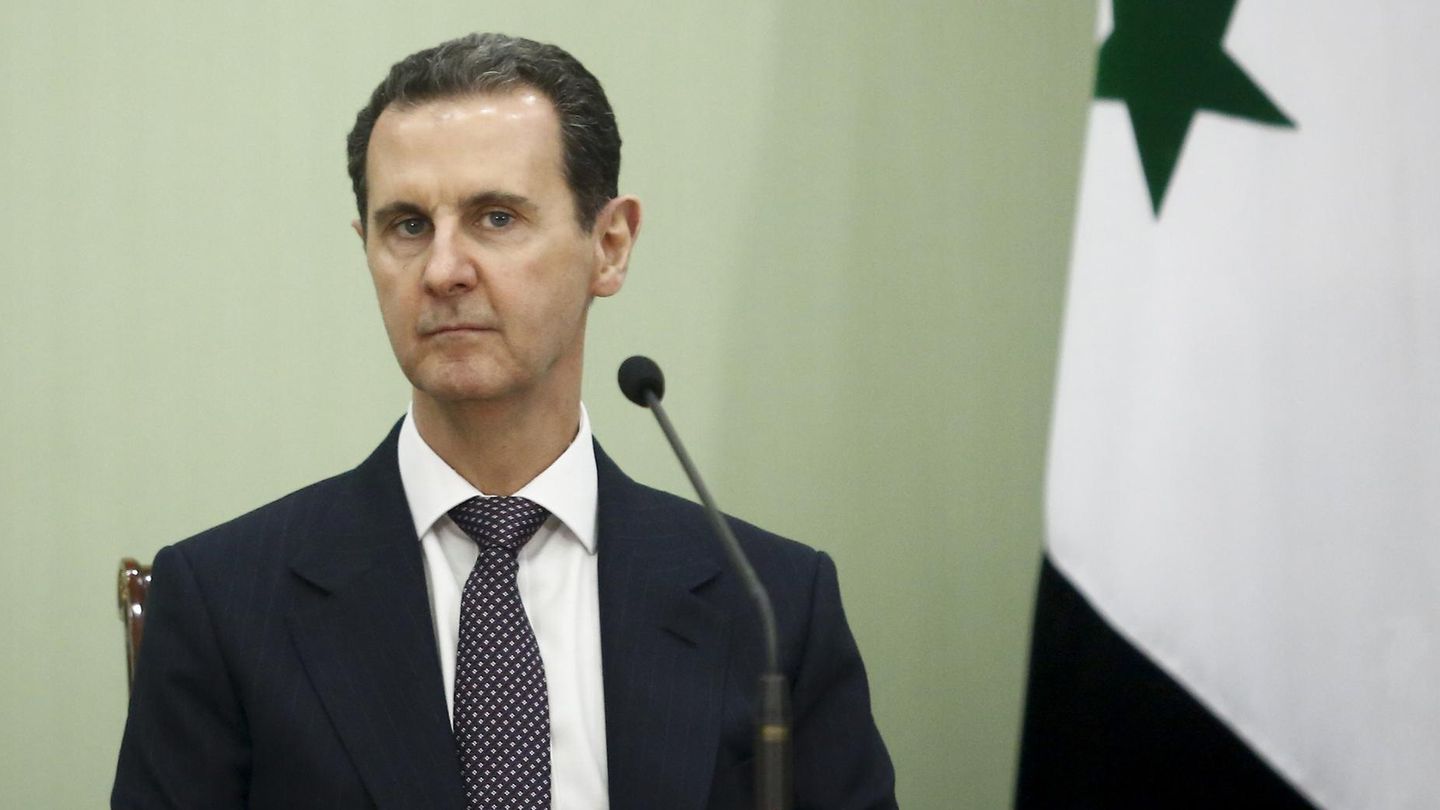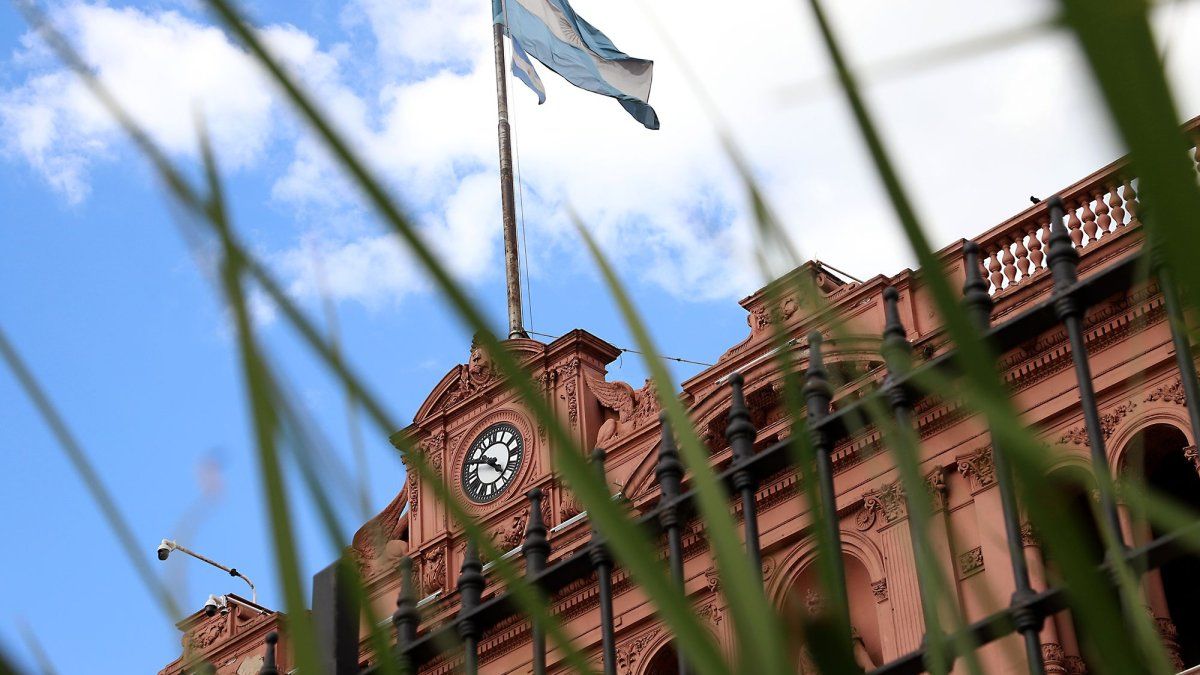Syria
Assad raked in fortunes – at the expense of his people
Copy the current link
There was civil war and an economic crisis in Syria, but dictator Assad made a fortune worth billions. He was particularly successful with the stimulant drug Captagon.
This article first appeared on RTL.de
In Syria, 90 percent of people live below the poverty line. Despite the suffering of the population, the now deposed ruler Bashar al-Assad and his family made incredible wealth during his rule.
According to conservative estimates from the US State Department in 2022, Assad has a net worth of between one and two billion euros. However, the US authorities’ information is complicated by the fact that the money is probably distributed in secret accounts, real estate portfolios, companies and offshore tax havens. If Assad still has assets outside of Syria that have not been seized or blocked, they would certainly be under a different name. A media report from a Saudi newspaper estimates that the Assad family has over 200 tons of gold, 16 billion dollars and 5 billion euros. The paper allegedly refers to information from the British secret service MI6.
The rebels got their first glimpse of his prosperity when they discovered Assad’s vehicle fleet. Videos recorded in a garage include a Lamborghini LM002 and a Lamborghini Diablo. Cars from brands such as Ferrari, Aston Martin, Rolls-Royce and Mercedes are also parked there. The collection alone is likely to be worth several million euros.
#Syria: Rebels did not only overthrow one of the most oppressive regimes on Earth, they also took down Assad’s narco-state.
Millions of Captagon pills were found inside Mazzeh Airbase.
Geolocated in the Air Force Intelligence section: https://t.co/O8LAKWVL2j pic.twitter.com/Sx8IGARIhA— Qalaat Al Mudiq (@QalaatAlMudiq) December 10, 2024
At this point, our editorial team has integrated content from Twitter / X.
Due to your privacy settings, this content has not been loaded to protect your privacy.
World’s largest Captagon manufacturer
While the Syrian economy has been in shambles for years, the ruler has long relied on smuggling and drug dealing as a survival strategy. Assad made particularly good money from the cheaply produced stimulant drug Captagon. Analysts said the family controlled smuggling and profited from the growing trade. Research by the US magazine New Yorker assumes that producing a pill only costs a few cents. They would be resold for up to $25.
Over the years, an organized drug trade worth billions has emerged on an industrial scale in Syria. According to estimates by the think tank New Lines Institute, the drug trade is said to have generated more than the entire Syrian economy generates in a year – namely $10 billion. This seems to be a thorn in the side of the Syrian rebels: Huge quantities of Capatgon pills have now been burned at the captured Mezzeh military airport.
According to the Konrad Adenauer Foundation (KAS), the Levante cartels, which were made up of high-ranking Syrian members of the Syrian security apparatus, the extended Assad clan and members of the Lebanese Hezbollah, were primarily responsible for the Captagon business. The regime used the proceeds from the billion-dollar illegal drug trade to remain viable despite sanctions. International investigators now believe Syria is one of the world’s largest producers of the drug. 80 percent of the global Captagon supply is manufactured in Syria. According to KAS, the Captagon trade has recently been an integral part of the war economy in Syria and by far the most lucrative pillar.
“Industrial-scale manufacturing is taking place in Syria at at least 15 locations,” the Taz newspaper quoted Caroline Rose, who heads the Captagon trade project at the New Lines Institute, as saying last year. Most of them would be in areas controlled by the Assad regime on the Syrian coast. But there are also Captagon laboratories in the provinces of Damascus, Aleppo and Homs and in the border areas with Lebanon, Jordan and Iraq.
Drug production was not only approved by Assad, his brother Maher al-Assad, as head of the elite military unit 4th Division, is said to have even played a central role in the Captagon trade. “The 4th Division oversees a number of Captagon manufacturing facilities located primarily in regime-controlled areas,” Rose tells Taz. Experts believe that he also controlled smuggling and the arms and oil trade.
Luxurious living continues in Moscow too
Another family member was particularly important for the wealth of the Assad clan: Assad’s cousin Rami Makhlouf. He is suspected of having taken Assad’s assets abroad. The once richest man in Syria used to own the largest mobile phone company Syriatel, banks, retail and real estate companies.
According to Syrian economists, the dictator established a kleptocracy: Although some companies benefited from his economic course, family members dominated the economy. According to a report in the British Telegraph, Makhlouf is said to have temporarily controlled 60 percent of the Syrian economy. When the family fell out with him in 2020 and Makhlouf was placed under house arrest, much of his wealth likely passed to Assad himself. His fortune is estimated at five to ten billion euros.
Meanwhile, life for Assad and his family continues presumably luxuriously in the Russian asylum. According to information from the Financial Times, Assad may have been staying in Moscow’s exclusive “City of Capitals” business district. Several of his relatives are said to already own properties there. According to the report, 18 luxury apartments in the complex belong to members of the dictator’s family. The apartments, some of which are more than 500 square meters, are being traded for the equivalent of up to $10 million.
Source: Stern




